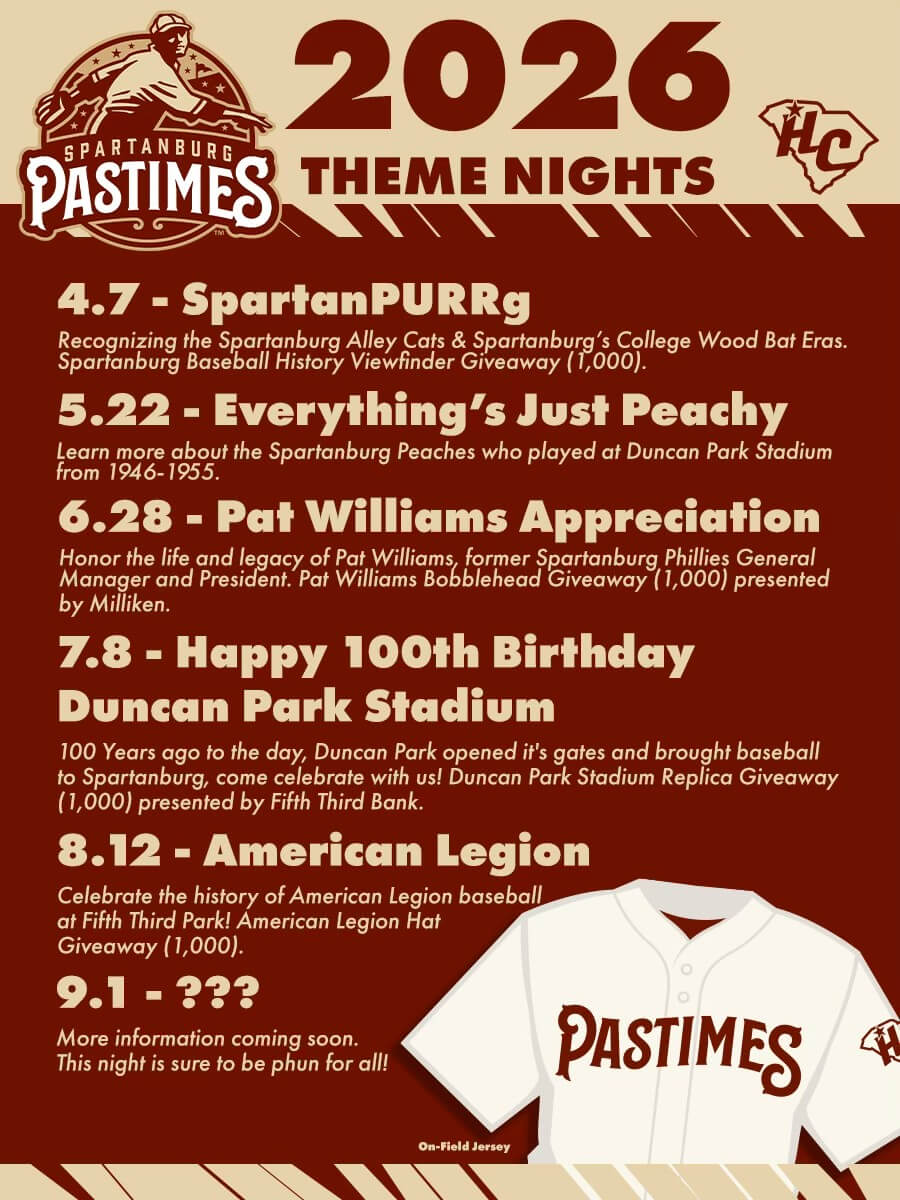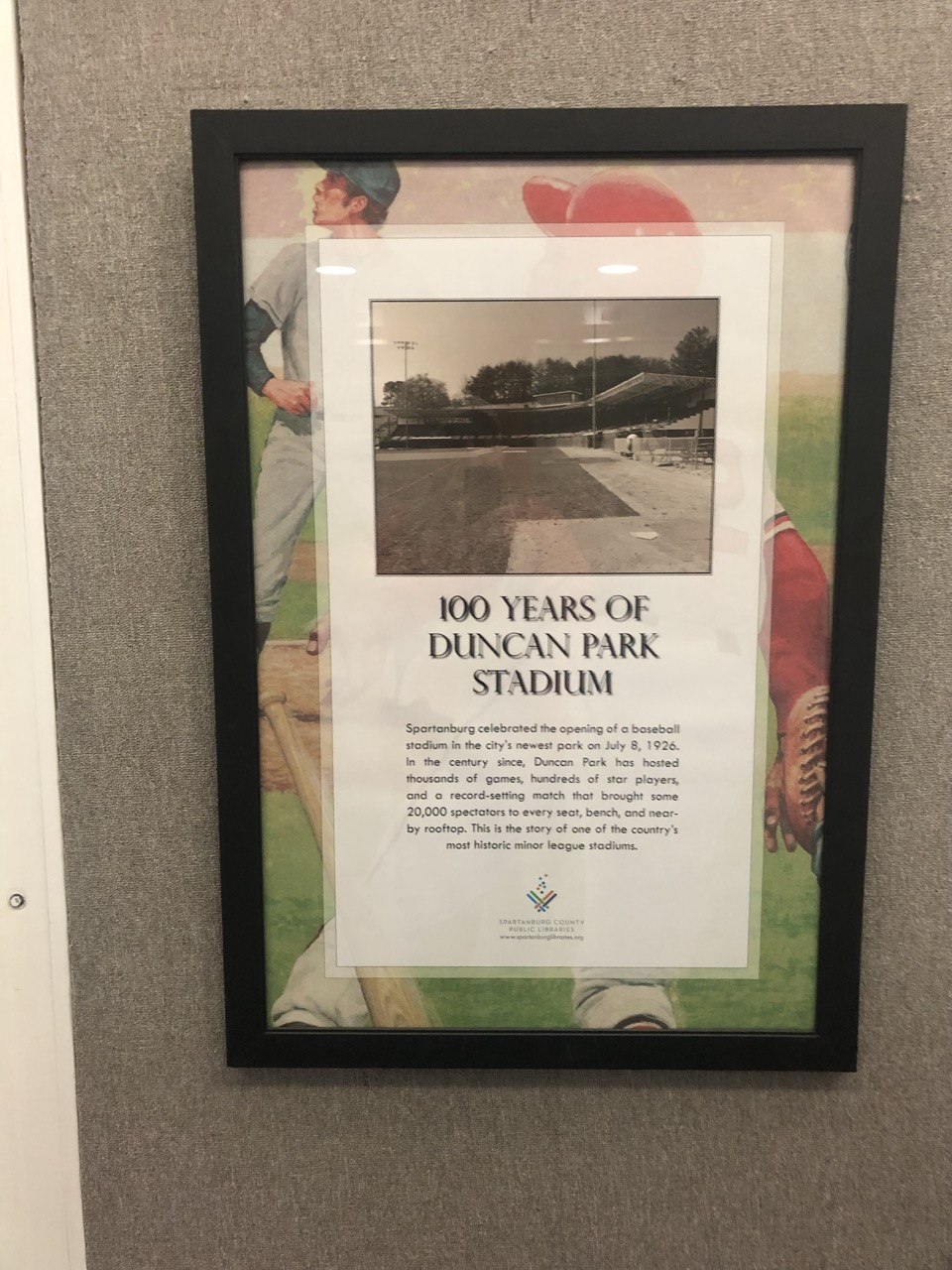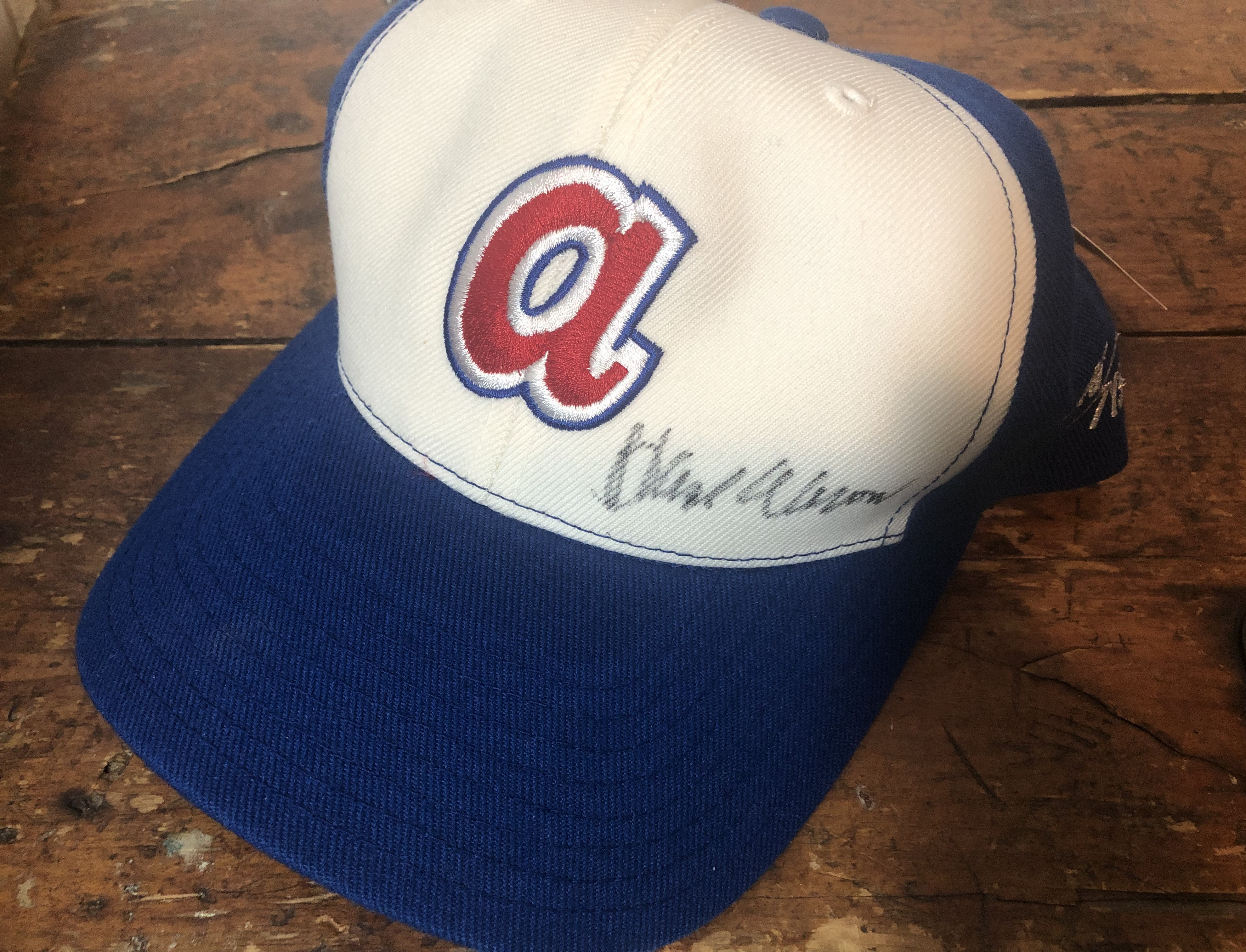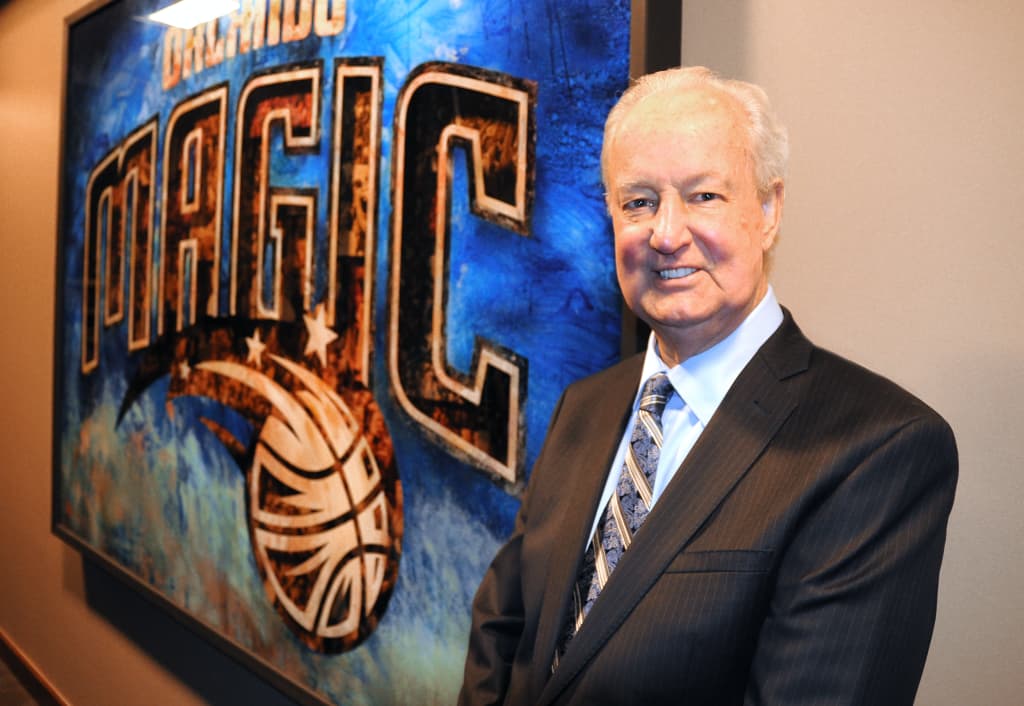
Remembering Pat Williams
Dr. Edwin C. Epps
On July 17, 2024, in Orlando the world of sports lost one of its best known and most talented executives. On that day Pat Williams, the retired Senior Vice President of the Orlando Magic, succumbed to complications from viral pneumonia, surrounded by the family who loved him. He had been admitted to the hospital in Orlando, his longtime home, suffering from this unforgiving disease at age 84.

Remembering Pat Williams
On July 17, 2024, in Orlando the world of sports lost one of its best known and most talented executives. On that day Pat Williams, the retired Senior Vice President of the Orlando Magic, succumbed to complications from viral pneumonia, surrounded by the family who loved him. He had been admitted to the hospital in Orlando, his longtime home, suffering from this unforgiving disease at age 84.
On July 17, 2024, in Orlando the world of sports lost one of its best known and most talented executives. On that day Pat Williams, the retired Senior Vice President of the Orlando Magic, succumbed to complications from viral pneumonia, surrounded by the family who loved him. He had been admitted to the hospital in Orlando, his longtime home, suffering from this unforgiving disease at age 84.
The passing pf Pat Williams is especially sad for many citizens of Spartanburg, South Carolina, for Pat was the General Manager of the Spartanburg Phillies from 1965 to 1968, the high water mark of Minor League Baseball in the Hub City. During his tenure in Spartanburg, the Class A Phillies set a Class A attendance record, they won a league championship, and GM Williams was named Minor League Executive of the Year. As a result, the 1966 Phillies were named one of the 100 Best Minor League Baseball teams of all time.
The road to Spartanburg was probably unanticipated for Pat Williams. He grew up in Wilmington, Delaware, where his neighbors included the Carpenters who owned the Philadelphia Phillies, a fact that was to become important to his future career. Pat and his friend Ruly Carpenter spent many happy hours on the field and in the Phillies dugout, where they got to know many MLB players, including Ruben Amaro, Richie Ashburn, Curt Simmons, and future manager Sparky Anderson. Pat was also a good enough baseball player himself in high school that he was offered a baseball scholarship to attend Wake Forest University. At Wake he continued to hone his skills, and after graduation he found a spot on the roster of the Miami Marlins, then a Class D team in the Florida State League.
Pat played catcher and outfield for the Marlins, for whom he was an adequate defenseman but just a fair hitter who clearly was not destined for Major League Baseball. He did work hard, however, and a Phillies executive came to believe that he had a future in the business office. He was therefore invited to Philadelphia in 1964 to work for the parent team, and then in 1965 he became General Manager of the Spartanburg Class A club.
Pat made a name for himself in Spartanburg, was a familiar presence about town, and formed lasting friendships. Among these was one with “Mr. R. E.” Littleljohn. the businessman who had owned the Spartanburg Peaches and then, in partnership with Leo Hughes, the Phillies. Mr. R. E. was a local force to be reckoned with, and he became a father figure and mentor to the young GM. Pat had already established an important relationship with legendary MLB owner Bill Veeck, who was famous among other things for signing Larry Doby to a Cleveland Indians contract, thus integrating the American League in 1947, and for hiring a three-feet-seven-inches-tall player with dwarfism to play for one at-bat for the St. Louis Browns in 1951. Veeck had first met young Williams in retirement, where they chatted together at the older man’s home overlooking Chesapeake Bay. The baseball veteran and up-and-coming younger man became fast friends, and over the course of the next twenty years Veeck taught his receptive young mentee much about baseball—especially baseball promotions—about business, about relationships, and about life.
In Spartanburg Williams established a similar relationship with Mr. R. E. When Pat had first knocked on Mr. Littlejohn’s door in Converse Heights, he had been greeted by Mrs. Littlejohn, who told Pat that her husband was unlike anyone he had ever met before. Most residents of Spartanburg would have agreed with this statement, and Pat found it to be true. The older man was an instinctive and influential leader in the Spartanburg business community, and he practiced an unpretentious and quietly generous form of philanthropy on both a personal and organizational level. He was also a deeply religious man, and through him and others Pat Williams found a spiritual home at First Baptist Church that changed his life.
As Mr. R. E.’s mentee and protege, Pat grew in ways that he could not have imagined before. His tutelage under Bill Veeck had laid a firm groundwork for the next steps under Mr. Littlejohn. Pat Williams began to become a familiar figure in his neighborhood, in the civic clubs downtown, at church, at lunch counters, and walking around town. He took his players everywhere to introduce the residents of this friendly Piedmont town to his team. An especially favorite trip was to local classrooms, where students welcomed their heroes from what was still “America’s game” in the mid-1960s.
After four years of success in Spartanburg and a solid welcome into the city’s heart, Pat received a call from Philadelphia and an offer he could not refuse, not as he might have expected from the big Phillies but rather from the NBA’s ‘76ers, a team with a legendary history. Pat was surprised but undeterred: he accepted the offer and headed north.
From 1968 until his death, Pat’s career was firmly based in the National Basketball Association, first in Philadelphia and then with the Chicago Bulls, the Atlanta Hawks, and the Orlando Magic, a team that he was instrumental in founding and bringing to Orlando. Williams’s success in the NBA was impressive, capped in 1983 by his meticulous construction of the 1983 Philadelphia ‘76ers, led by Julius “Dr. J.” Erving and Moses Malone, who had a record of 65-17 and swept the Los Angeles Lakers in the NBA Finals. His leadership in the NBA was recognized in 2013 by his being awarded the John Bunn Award by the Naismith Memorial Basketball Hall of Fame for lifetime contributions to he sport.
In addition to his achievements in professional baseball and basketball, Williams could claim additional impressive accomplishments. He was a well-known inspirational speaker before Fortune 500 companies and innumerable sports organizations; he also authored or co-authored more than 100 books, mostly on motivational topics. A marathon runner for many years, he participated in some 60 marathons, including 13 Boston Marathons. Perhaps most noteworthy of all, he was the father of 19 children, 14 of whom were international adoptees from 4 different nations.
On his death, Orlando Magic Chairman Dan DeVos and CEO Alex Martins paid tribute to Williams's “ever-present optimism and unparalleled energy” and noted his widely acknowledged work “transforming sports marketing and promotions” (The Athletic). At the time of his passing he was still pursuing his dream of bringing a Major League Baseball team and new stadium to Orlando, a goal that residents of Spartanburg would especially appreciate.
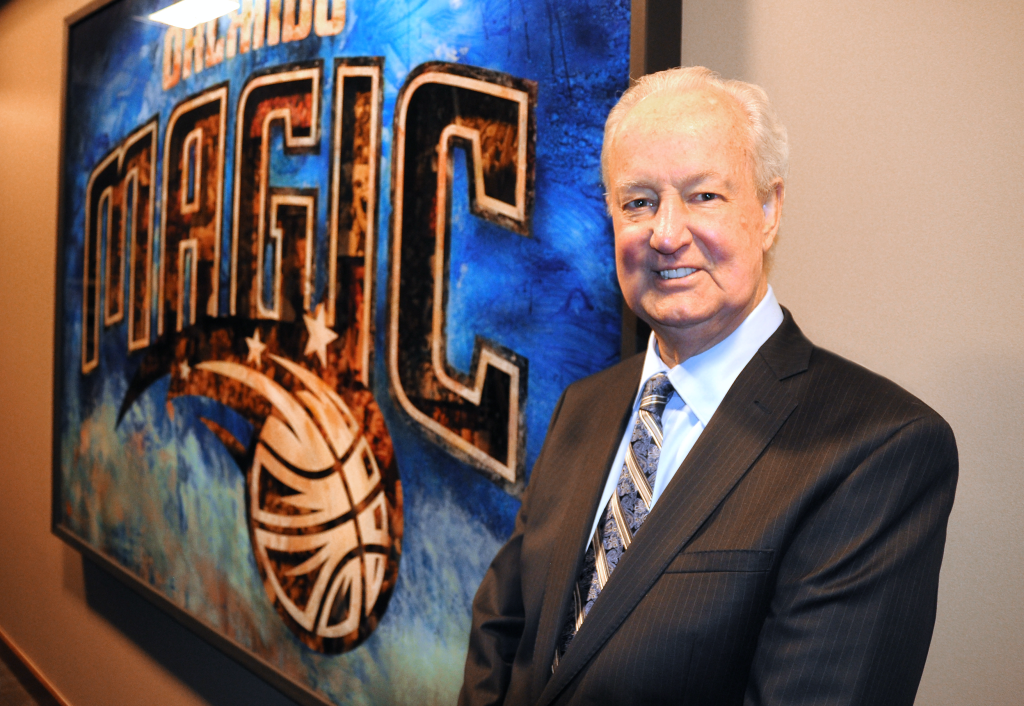
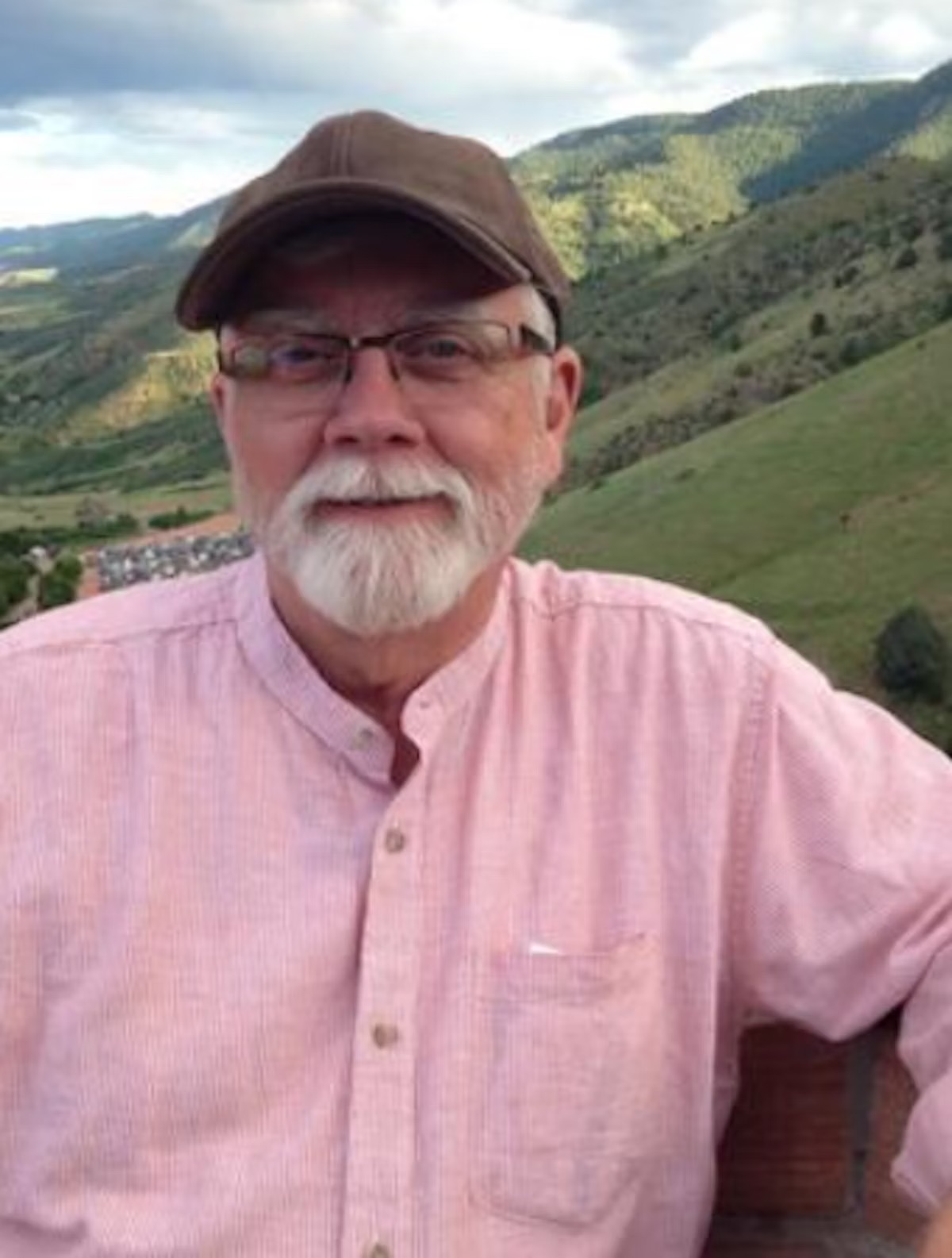
Dr. Edwin C. Epps
Author
Dr. Edwin C. Epps is a retired educator with more than forty years' experience in public school classrooms... He is the author of Literary South Carolina (Hub City Press, 2004) and a proud member of Phi Beta Kappa who believes in the value of the humanities in a rapidly changing world.

